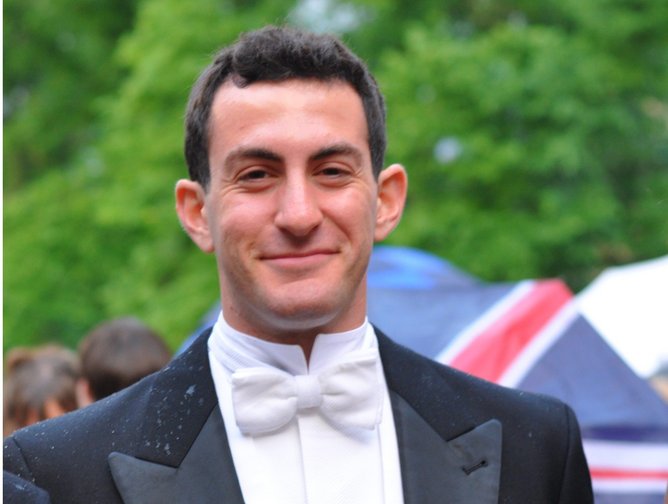Google’s Larry Muhlstein on AI, data, academia and industry

Experienced machine learning engineer and scientist, Larry Muhlstein, previously specialised in recommender systems and natural language understanding for both research and production.
Currently working towards his PhD, Muhlstein works as an Artificial Intelligence engineer at Google. With a rich educational background, Muhlstein explained that he did not set out to work in the artificial intelligence field: “I ended up in the field by accident,” he said.
“I'm interested in AI because it reflects this beautiful relationship between ideas and almost a philosophy about how the world works and how things can actually have a real impact,” continued Muhlstein.
Despite having a keen interest in philosophy, Muhlstein explained that he felt “the tools in this field are very limited as to how they can really reach into the world.”
Turning to AI-enabled technology to pursue his career in both academia and industry, Muhlstein said: “With AI, we have this tool that allows us to frame things in terms of observations and data. As a result, we can design this tool to reflect what we care about or want to see and so it can then have a real and powerful impact. We've seen the importance of this with the massive increase in the amount of AI being used in the industry in the last 10 years or so.
He added: “My interest stems from both the beauty and power of this technology and how that all ties nicely into society.”

Bridging the gap between AI academia and industry
Having worked both in industry and as an academic, Muhlstein is now keen to bridge the gap between the two as he believes this would result in a better outcome when AI technologies and products are created. He explained: “At the surface level of academia, you tend to have a lot more time to think about problems in terms of the fundamentals, in terms of really focusing on getting a good understanding of what is happening and how things work.”
“In industry, when you have practical considerations, you need to build something that works and has some sort of impact on the company, on your users, on society. So depending on where you work, you're almost incentivised for different kinds of work, but really it's important that they happen together because the impact that industry has is pretty massive on our society. Yet, if it's not informed by a better understanding of the world, it's blind in a lot of ways. As a result of this, we end up just building things that ‘kind of’ work and then we have to replace them pretty quickly,” added Muhlstein.
Having worked at Google for nearly a year now, the Artificial Intelligence engineer looks at problems and challenges from both an academic and professional outlook, as he explains: “When I do work in industry, I always try to look at problems in a more fundamental way. I really look to sketch out the task to consider exactly what we are caring about here? What are our tools, what is the fundamental nature of the thing that we're trying to do? As opposed to a more surface-level relationship, I think this approach creates things that work better.”
Lending to his passion for AI, computer science and physics, Muhlstein is now working on a book looking into computational learning theory. Within it, he plans to explore what is possible to learn, how we define knowledge, and how we truly answer questions he doesn’t believe have been answered definitively within his field.
He concluded: “I still continue to learn from my job at Google. Using this knowledge from industry allows me to really focus on this personal project. It is really important to me and where I think I can make an impact.”






